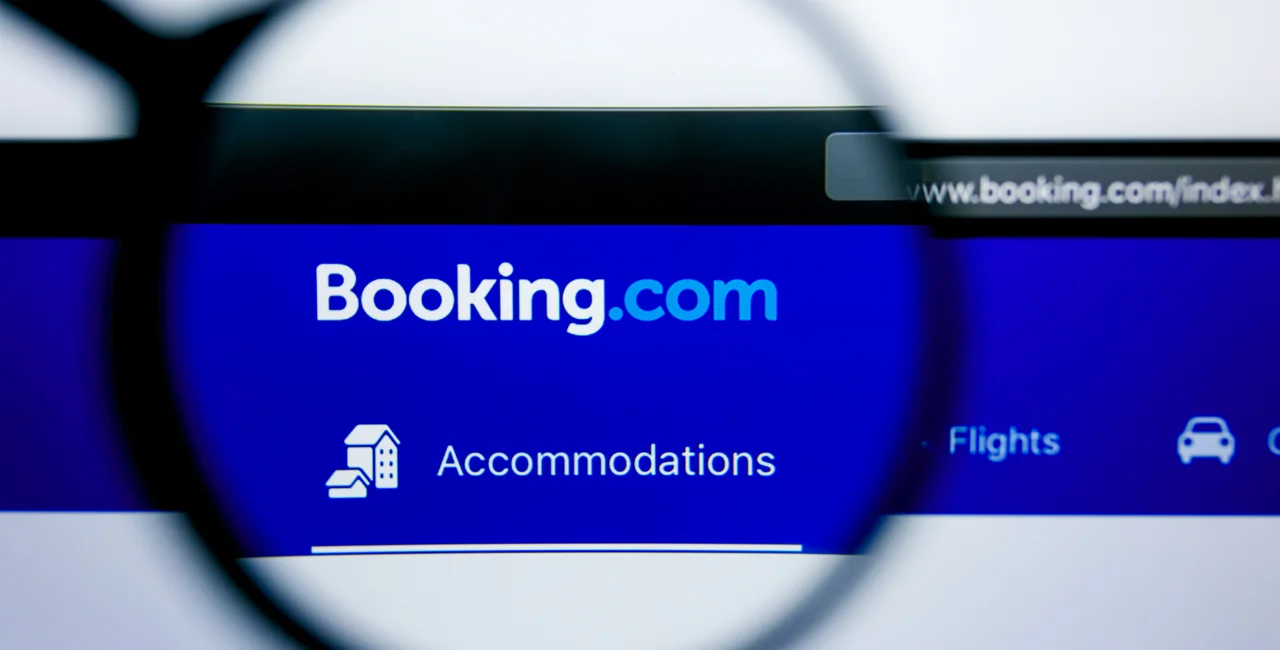A legal reckoning is underway in Europe’s digital accommodation market. More than 10,000 hotels across the continent, including members of the Czech Association of Hotels and Restaurants, have joined a class action lawsuit against Booking.com, seeking compensation for years of enforced price parity clauses that have since been ruled anti-competitive.
The lawsuit, backed by the German legal tech firm Hausfeld and coordinated through Brussels, follows a 2023 ruling by the Court of Justice of the European Union, which found that so-called “best price” clauses violated EU competition law. These clauses, once a standard feature of Booking.com contracts, prevented hoteliers from offering lower rates on their own websites than those listed on the platform.
PARTNER ARTICLE
While the Dutch-based company has since removed the clauses in response to the EU’s new Digital Markets Act, the legal action seeks to recover losses incurred between 2004 and 2024. Hoteliers argue that the platform’s practices stifled pricing autonomy and restricted fair competition in the digital travel market for two decades.
“This is primarily an important step towards fairer conditions on the digital market,” said Václav Stárek, president of the Czech hotelier association, which formally joined the legal campaign in May. “Hoteliers now have the opportunity to stand up for their rights.”
Platform under pressure
For Booking.com, the litigation comes as regulatory scrutiny intensifies over the power of Big Tech and platform intermediaries. The case may also test the resilience of its business model, long built on exclusivity and volume-based commissions.
From a user perspective, the removal of price parity clauses may lead to a subtle but significant shift: hotel websites and alternative platforms may now offer better deals than Booking.com itself, especially in competitive city markets.
Yet for now, the platform remains a dominant force in global travel bookings. Its wide selection, user reviews, and cancellation options continue to make it a go-to for millions of travelers. Still, with pricing power returning to hoteliers, travelers may increasingly find added value, discounts, upgrades, or flexible terms by booking directly.
Should you stop using Booking.com?
Not necessarily, but you should compare. Booking.com is still a powerful tool for browsing options, checking reviews, and booking accommodations quickly. However:
- Don’t assume it’s the cheapest. Always check the hotel’s official site.
- Use it for discovery, not loyalty. Treat it like a comparison engine, not a guaranteed lowest-price provider.
- Consider contacting the hotel directly. Some offer upgrades, breakfast, or flexible cancellation when you book with them.













 Reading time: 2 minutes
Reading time: 2 minutes 
























